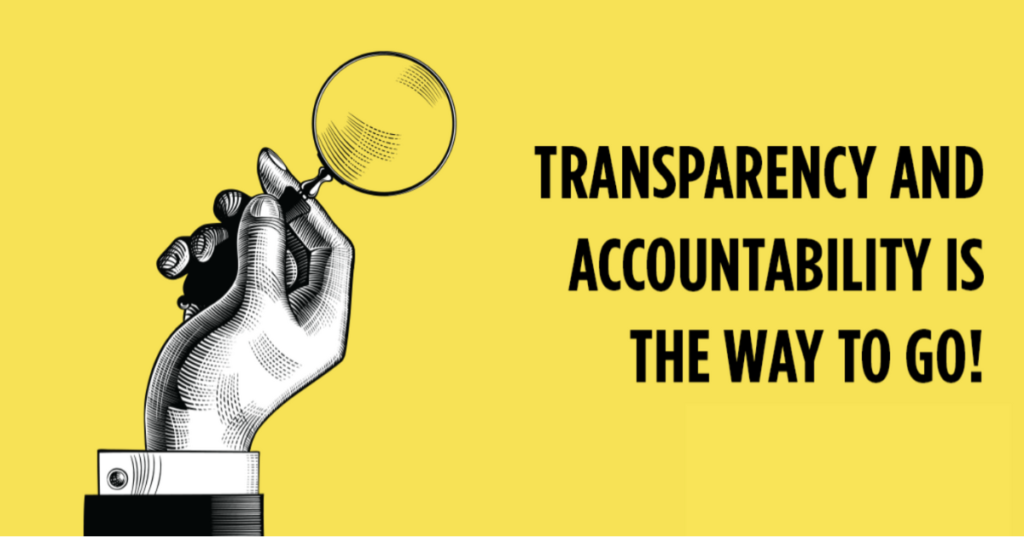Artificial Intelligence (AI) is transforming industries worldwide, from healthcare and finance to law enforcement and education. However, with these advancements come ethical concerns about bias, privacy, accountability, and transparency. AI ethics consultants play a crucial role in addressing these concerns, ensuring AI is developed and deployed responsibly. This article explores AI ethics consultant jobs, their responsibilities, and their significance in today’s tech-driven world.
What Is an AI Ethics Consultant?
An AI ethics consultant is a professional who advises organizations on the ethical implications of AI systems. Their role is to help companies align AI applications with ethical standards, legal regulations, and societal values. They work closely with developers, policymakers, and stakeholders to identify and mitigate ethical risks associated with AI.
Key Responsibilities of AI Ethics Consultants
- Assess AI Models for Bias and Fairness – Analyzing AI algorithms to identify and mitigate biases.
- Ensure Compliance with Regulations – Ensuring AI solutions align with laws such as GDPR, CCPA, and AI-specific regulations.
- Develop Ethical Guidelines – Creating frameworks to ensure responsible AI use.
- Stakeholder Engagement – Working with business leaders, policymakers, and the public to address ethical concerns.
- Monitor AI Deployment – Reviewing AI implementation to ensure ethical integrity over time.
Why Are AI Ethics Consultant Jobs Important?
1. Preventing Bias and Discrimination
AI systems can unintentionally perpetuate biases present in training data, leading to unfair outcomes. AI ethics consultants help detect and correct these biases, ensuring AI solutions promote fairness and inclusivity.
2. Enhancing Transparency and Accountability

AI-driven decisions can sometimes be opaque, making it difficult to determine how and why an AI system arrived at a conclusion. Ethics consultants advocate for transparent AI systems with clear decision-making processes.
3. Protecting Privacy and Data Security
With AI handling vast amounts of personal data, privacy concerns are paramount. Ethics consultants ensure AI solutions comply with privacy laws and uphold users’ rights.
4. Aligning AI Development with Human Values
AI should benefit society as a whole rather than serving only specific interests. Ethics consultants help create AI systems that align with human values, avoiding harm and fostering positive societal impact.
5. Avoiding Legal and Reputational Risks
Companies deploying AI irresponsibly may face legal consequences and reputational damage. Ethics consultants help businesses navigate AI regulations and prevent potential pitfalls.
How to Become an AI Ethics Consultant
1. Educational Background
AI ethics consultants typically have academic backgrounds in:
- Philosophy and Ethics
- Artificial Intelligence and Machine Learning
- Data Science
- Law and Policy
- Social Sciences
2. Essential Skills
To succeed as an AI ethics consultant, professionals should possess:
- Strong analytical and critical thinking skills
- Knowledge of AI technologies and their societal impact
- Familiarity with legal frameworks governing AI
- Effective communication and stakeholder management abilities
3. Certifications and Training
Several organizations offer AI ethics training, including:
- IEEE’s AI Ethics Certification
- MIT’s AI Ethics and Governance Program
- Oxford’s AI Ethics and Society Course
4. Gaining Practical Experience
Hands-on experience with AI projects and ethical assessments can significantly boost a consultant’s credibility. Working on AI governance teams or ethical review boards can provide valuable insights.
The Future of AI Ethics Consulting

As AI becomes more integrated into society, the demand for ethics consultants will continue to grow. Governments are introducing stricter AI regulations, and businesses are recognizing the need for ethical AI frameworks. The future will likely see:
- Increased AI Ethics Regulations – More legal frameworks governing AI.
- Broader Industry Adoption – AI ethics consultants working across various sectors.
- Greater Public Awareness – Consumers demanding ethical AI practices.
Also Read: What Is An AI Powered Healthcare Analyst And What Do They Do?
Conclusion
AI ethics consultants play a crucial role in shaping the responsible development and deployment of AI technologies. By addressing concerns related to bias, privacy, accountability, and transparency, they help ensure AI benefits society as a whole. As AI continues to evolve, the need for ethics consultants will only become more significant, making this a promising and impactful career path.
FAQs
1. What industries need AI ethics consultants?
Industries such as healthcare, finance, law enforcement, education, and technology require AI ethics consultants to ensure responsible AI use.
2. Do AI ethics consultants need coding skills?
While not mandatory, understanding AI and machine learning concepts can be beneficial for assessing ethical risks in AI systems.
3. How much do AI ethics consultants earn?
Salaries vary based on experience and location, but AI ethics consultants can earn between $80,000 and $150,000 annually, depending on expertise and industry.
4. What are the biggest ethical challenges in AI today?
Key challenges include AI bias, data privacy, lack of transparency, and accountability in automated decision-making.
5. Can AI ethics consultants work remotely?
Yes, many AI ethics consultants work remotely, advising global organizations on ethical AI strategies.


